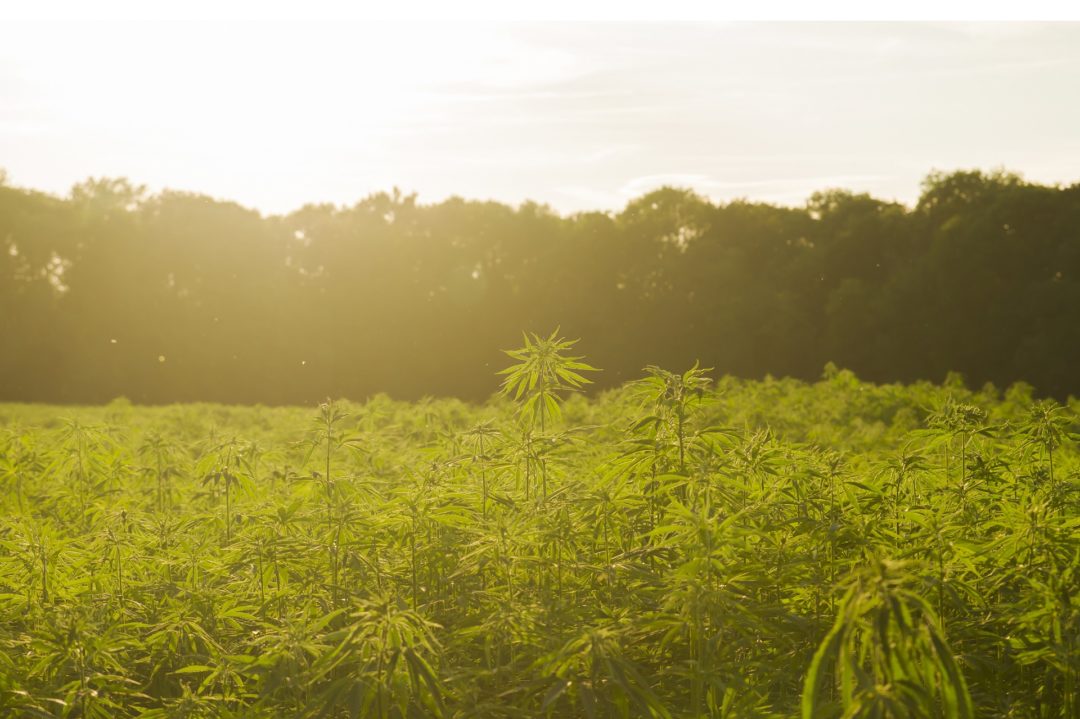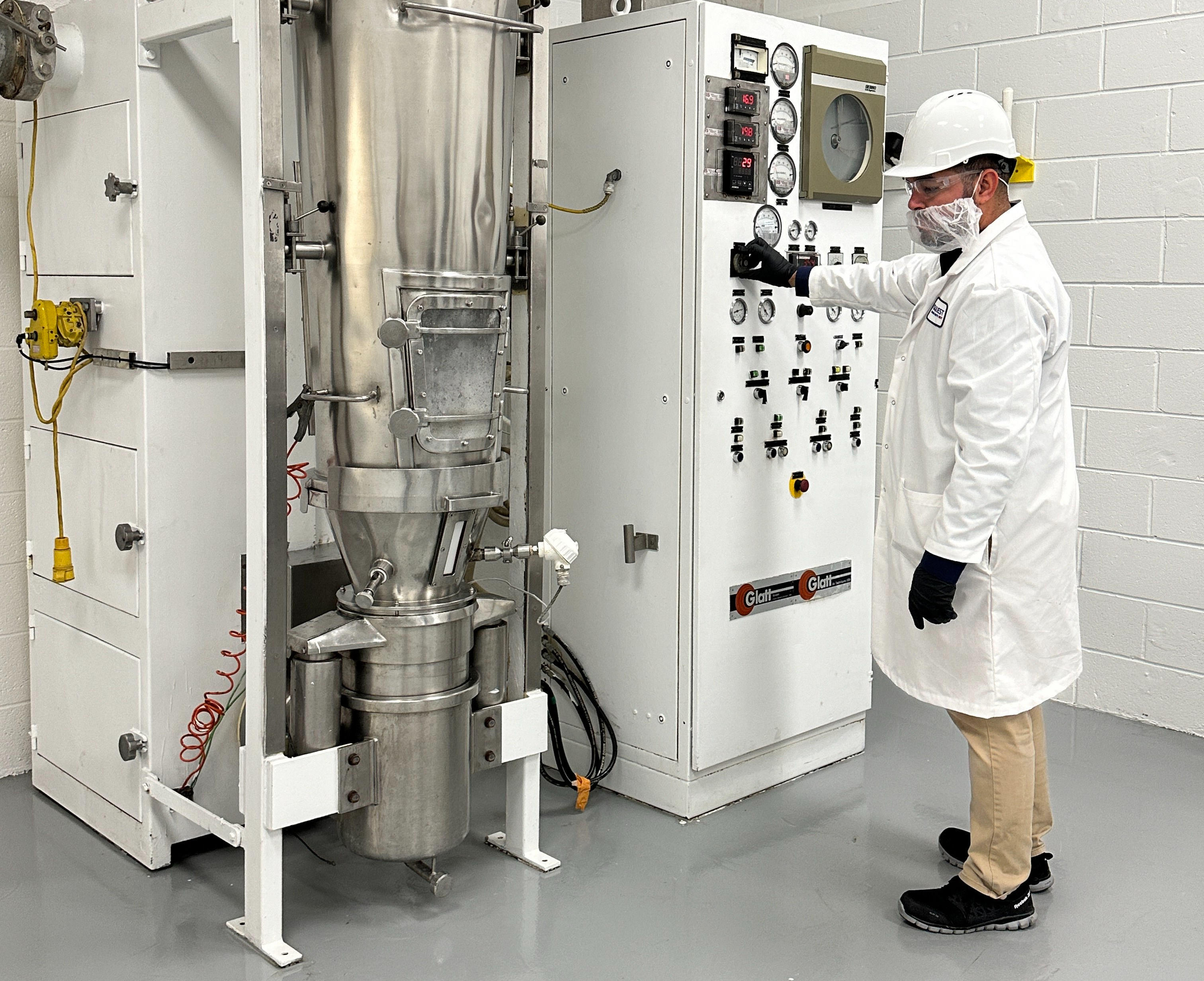Washington, D.C.—The signing of the Farm Bill by President Trump drew reactions from the industry which were, overall, positive. Yet moments after the bill was signed into law, FDA Commissioner Scott Gottlieb, M.D., released a statement regarding cannabis, pointing out that cannabidiol (CBD) is still illegal in food or dietary supplements.
The release noted that the Farm Bill removes hemp from the Controlled Substances Act, making it no longer an illegal substance, but that Congress explicitly preserved the FDA’s authority to regulate products containing cannabis or cannabis-derived compounds.
The FDA said in the statement that both CBD and THC, regardless of whether they are hemp-derived, are active ingredients in FDA-approved drugs and were the subject of substantial clinical investigations, and that it is illegal to introduce drug ingredients like these into the food supply, or to market them as dietary supplements. It is, the FDA stated, equally illegal to market unapproved drugs with unsubstantiated therapeutic claims.
That said, the FDA added that companies can seek approval from the FDA for a drug containing CBD, and that the FDA has the authority to issue a regulation allowing the use of a pharmaceutical ingredient in a food or dietary supplement, although the agency is still evaluating whether or not it should pursue that process.
FDA also said it has granted GRAS status to hulled hemp seeds, hemp seed protein, and hemp seed oil, making these products available for marketing in human foods.
What’s next: The FDA intends to hold a public meeting for stakeholders to share experiences and challenges with CBD products, at which point the agency will gather additional input relevant to the lawful pathways by which cannabis or cannabis-derived compounds can be marketed. FDA said it is committed “to pursuing an efficient regulatory framework for allowing product developers that meet the requirements under our authorities to lawfully market these types of products.”
To those in the industry, Michael McGuffin, President of the American Herbal Products Association (AHPA), had this to say: “The food and supplement industry should read Dr. Gottlieb’s statement first and foremost as an indication that FDA shares our desire for hemp and CBD products to be properly regulated under federal law, and now recognizes its statutory authority to address the agency’s view of the prior-drug status of some Cannabis compounds through rulemaking. The relevance of this authority was first seen by AHPA’s Cannabis Committee over two years ago, and AHPA identified this publicly in May of this year as an approach that FDA should be encouraged to consider.”
McGuffin continued, “At the same time, the Commissioner’s emphasis on the legal requirements that must be met for food additives or new dietary ingredients (NDIs) is a clear signal of FDA’s thinking, and we should not be surprised if any forthcoming FDA action focuses on compliance with the law’s provisions for NDI notifications for supplement ingredients, and for hemp ingredients used in foods to meet the provisions to establish these as generally recognized as safe (GRAS) under the law.”
AHPA’s Director of Program Development and liaison to the AHPA Cannabis Committee, Jane Wilson, added, “AHPA has been engaged in issues related to the safe use and responsible commerce of lawfully marketed products derived from Cannabis since 2010 and we will continue to actively participate in any and all relevant FDA meetings and rulemaking activities.”
As previously reported by WholeFoods, Steve Mister, president and CEO of the Council for Responsible Nutrition, also looks forward to engaging with FDA on the topic. Mister stated, “The dietary supplement and functional food industry is now able to work with FDA to address the legal concerns it has raised with respect to CBD as a legitimate ingredient in food and dietary supplements.”










